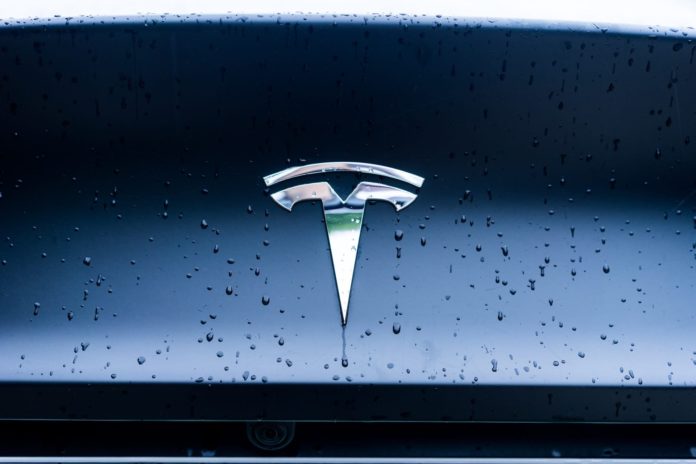American automaker Tesla has decided to abandon its plans to produce an inexpensive electric car, aimed at expanding its presence in the mass market. The news, reported by Reuters on April 6 and citing three sources, signifies a strategic shift for the company towards prioritizing the development of robotaxis.
According to one source present when the decision was announced to employees,
“Elon [Musk’s] order is to focus entirely on robotaxis.”
This directive underscores Tesla’s commitment to autonomous driving technology and the potential it holds for transforming the transportation industry.
However, Tesla’s CEO Elon Musk swiftly refuted Reuters’ report on Twitter, accusing them of lying without providing further details. Following Musk’s denial, Tesla’s shares, which initially experienced a 6% drop upon the news, slightly recovered.
Reuters is dying https://t.co/yvlXfu9oeI
— Elon Musk (@elonmusk) April 5, 2024
The decision to scrap plans for an affordable electric car comes amid increasing competition from Chinese manufacturers offering electric vehicles at significantly lower price points, some as low as $10,000. This competitive landscape has put pressure on Tesla to reevaluate its product strategy.
As early as 2020, Musk had discussed Tesla’s intentions to create a more accessible model to cater to a wider range of buyers compared to its existing lineup. While the project was initially postponed, it later resurfaced as a priority for the auto giant.
Last November, Musk revealed plans for the anticipated launch of an electric car priced at €25,000 during a meeting with Tesla plant employees in Germany. This price point represents a significant reduction compared to the average price of passenger electric cars in Europe, aiming to make Tesla vehicles more accessible to consumers.
Industry experts suggest that introducing budget-friendly models could enhance Tesla’s competitiveness against cheaper electric vehicles from rival manufacturers. The Chinese company BYD surpassed Tesla in quarterly electric vehicle sales at the end of 2023, largely attributed to its affordable pricing strategy.

